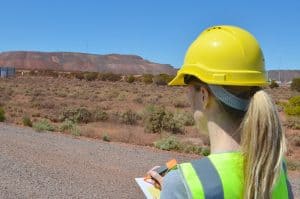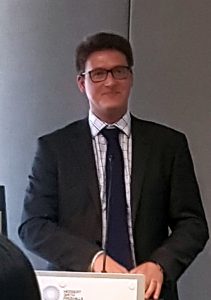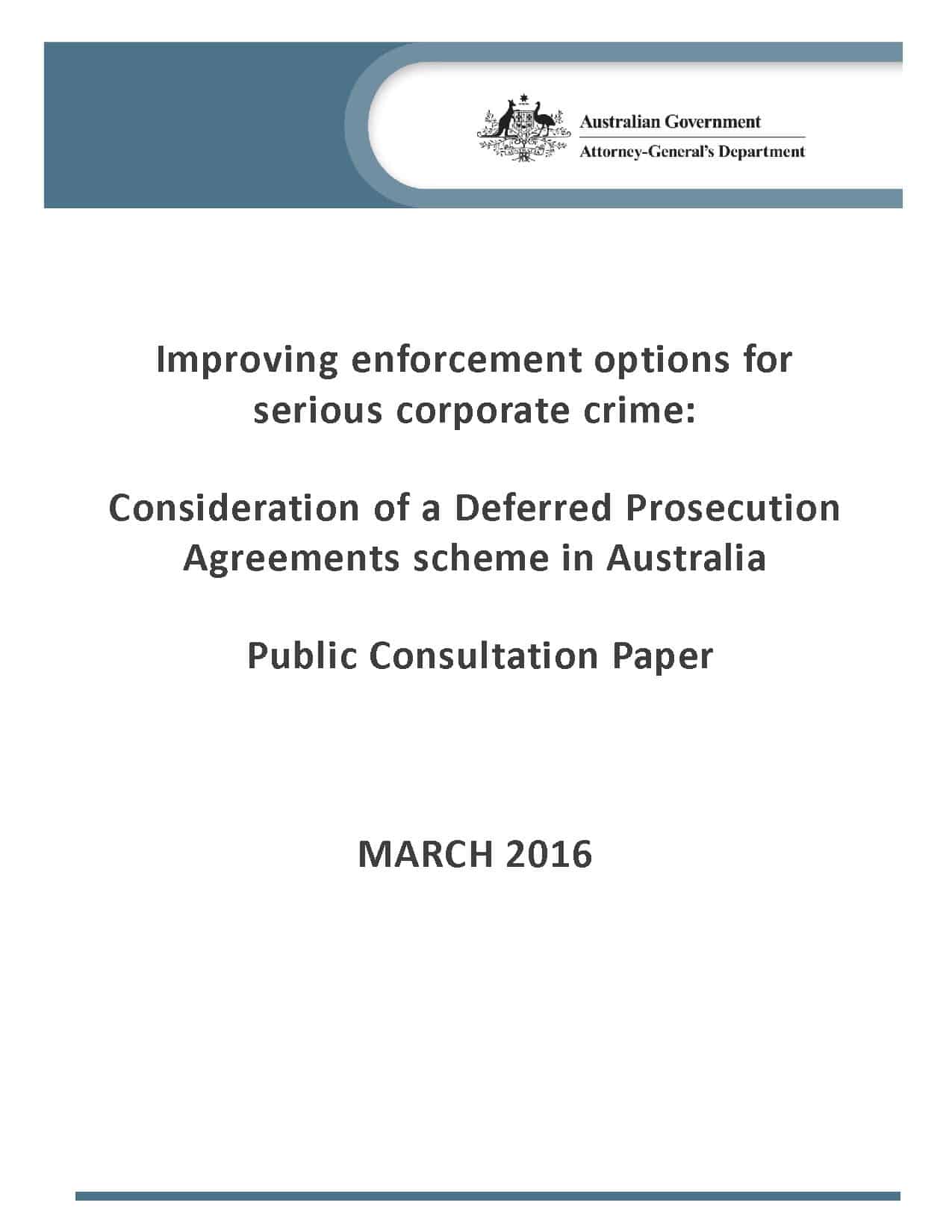 The occupational safety profession (OHS) in Australia is often described as being populated by older white males, as being dull and ill-informed. This perception has generated offshoots such as Women in Safety and Health, and Young Safety Professionals (YSP) with similar actions occurring in many other professions. It is easier than ever to develop professional groups that better address one’s needs but this can miss out on opportunities to change those older white males who are prepared to listen and learn.
The occupational safety profession (OHS) in Australia is often described as being populated by older white males, as being dull and ill-informed. This perception has generated offshoots such as Women in Safety and Health, and Young Safety Professionals (YSP) with similar actions occurring in many other professions. It is easier than ever to develop professional groups that better address one’s needs but this can miss out on opportunities to change those older white males who are prepared to listen and learn.
These subgroups can often be more innovative than the larger profession events, partly because they are smaller, but also because their audience has different expectations and capacities. Recently

 Industrial manslaughter laws passed through the Queensland Parliament on October 12 2017. The debate about the laws on that day is an interesting read as it illustrates some of the thoughts about workplace safety in the minds of policy decision makers, business owners, industry associations, trade unions and safety advocates.
Industrial manslaughter laws passed through the Queensland Parliament on October 12 2017. The debate about the laws on that day is an interesting read as it illustrates some of the thoughts about workplace safety in the minds of policy decision makers, business owners, industry associations, trade unions and safety advocates. The Queensland Government is in the middle of a debate in Parliament and the media about the introduction of
The Queensland Government is in the middle of a debate in Parliament and the media about the introduction of  Queensland’s Minister for Employment and Industrial Relations,
Queensland’s Minister for Employment and Industrial Relations, 
